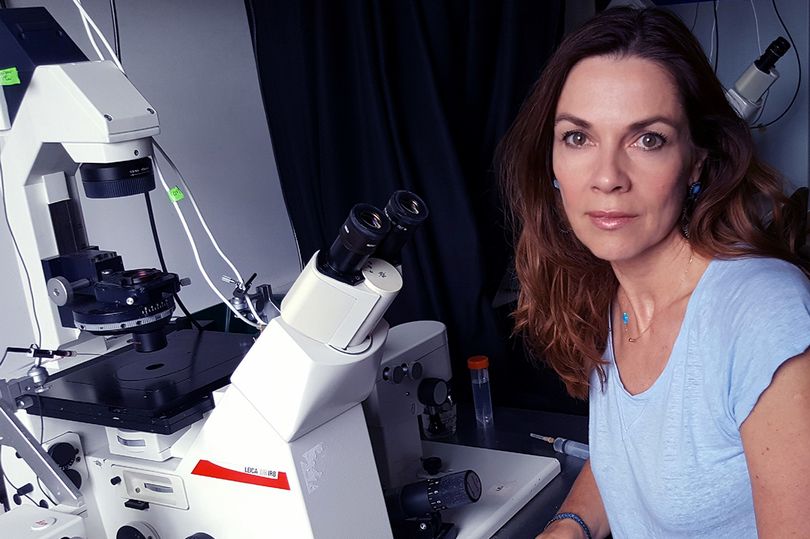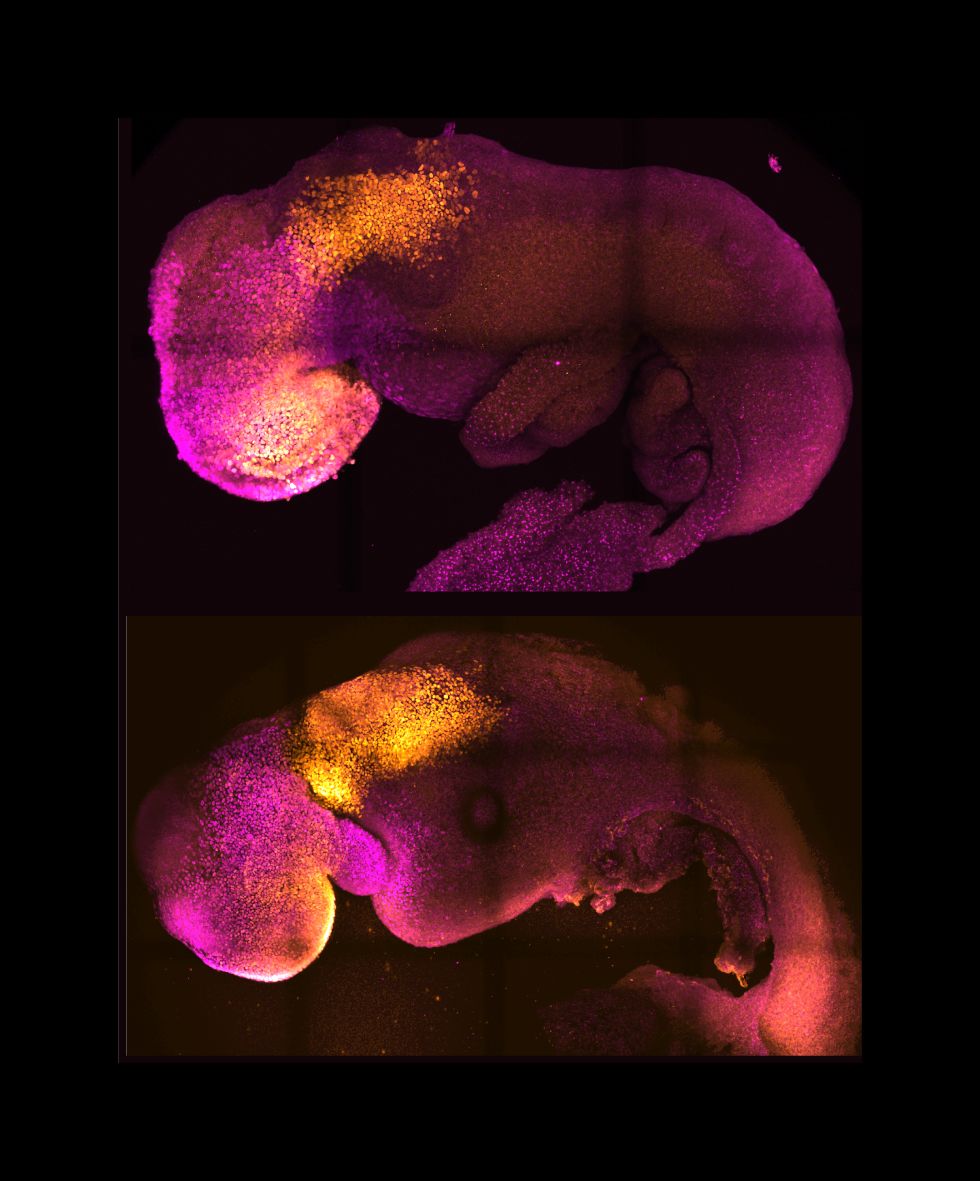Please check the information entered!
- Please check the information entered
A log-in email has been sent to your email address
Forgot password? Reset password
Researchers from the University of Cambridge have successfully created model embryos from mouse stem cells which have a brain and a beating heart, as well as all the foundations for other bodily organs.
The development is being hailed as a breakthrough for recreating the first stages of life.
The team of researchers, led by Professor Magdalena Zernicka-Goetz, Professor in Mammalian Development and Stem Cell Biology in Cambridge’s Department of Physiology, Development and Neuroscience, developed the embryos without eggs or sperm. They instead used stem cells, the body’s raw materials that are used to generate all cells and other functions.
The researchers mimicked the body’s natural processes in the laboratory, guiding the three types of stem cells found in early mammalian development to the point where they start interacting. The team was able to get the stem cells to ‘talk’ to each other by inducing the expression of a particular set of genes and establishing a unique environment for their interactions.
The stem cells then self-organised into structures which progressed through the successive developmental stages, reaching the point where they had beating hearts and the foundations of the brain. In addition, the structures also had the yolk sac where the embryo develops and gets nutrients from in its first weeks. This level of development is more advanced than any other synthetic embryos.
According to the researchers, their work could lead to us understanding why some embryos go on to develop into a healthy pregnancy while others fail.
The study, which is the result of more than a decade of research, is published in the journal Nature.
“Our mouse embryo model not only develops a brain, but also a beating heart, all the components that go on to make up the body,” said Zernicka-Goetz. “It’s just unbelievable that we’ve got this far. This has been the dream of our community for years, and a major focus of our work for a decade and finally we’ve done it,” she added.

Professor Magdalena Zernicka-Goetz and her team have been working on this research for 10 years. Credit: Simon Zernicki-Glover

Natural (top) and synthetic (bottom) embryos side by side to show comparable brain and heart formation. Image credit: Amadei and Handford
Looking for your next technology, science or engineering role? Maybe you’re just starting out in your career? Polytec is here to help you find the perfect position for you. Browse our current vacancies now >>> https://www.polytec.co.uk/jobs/